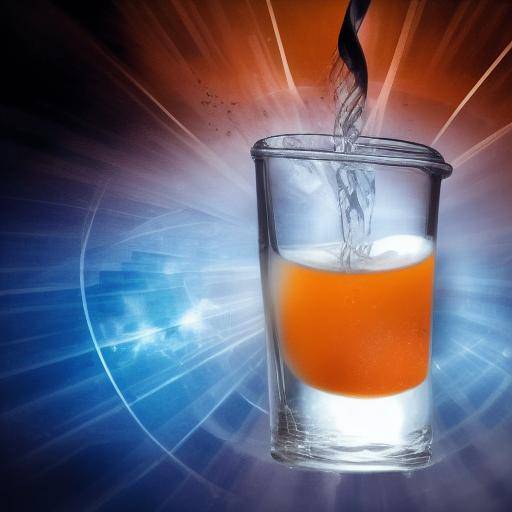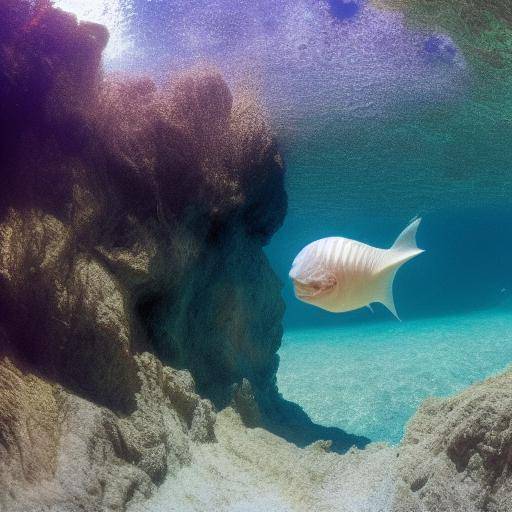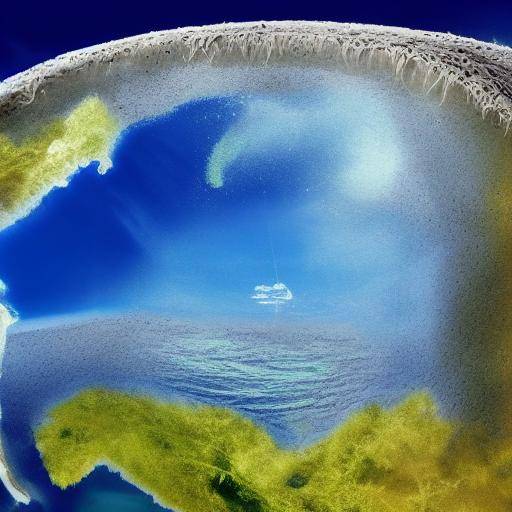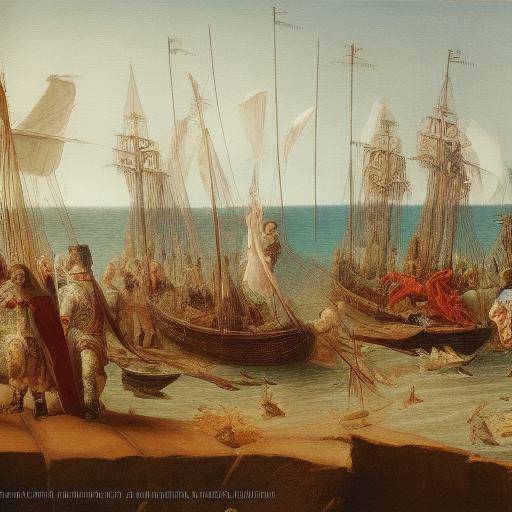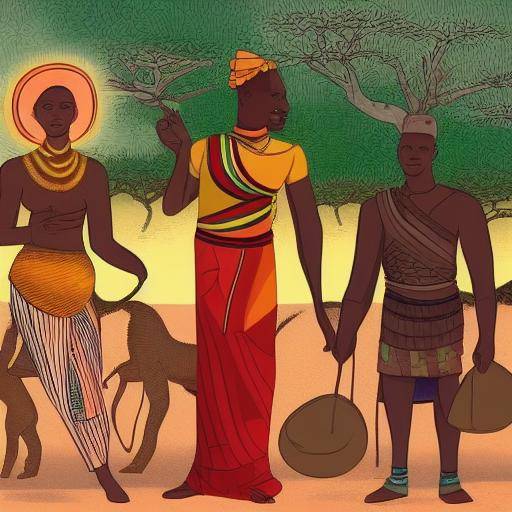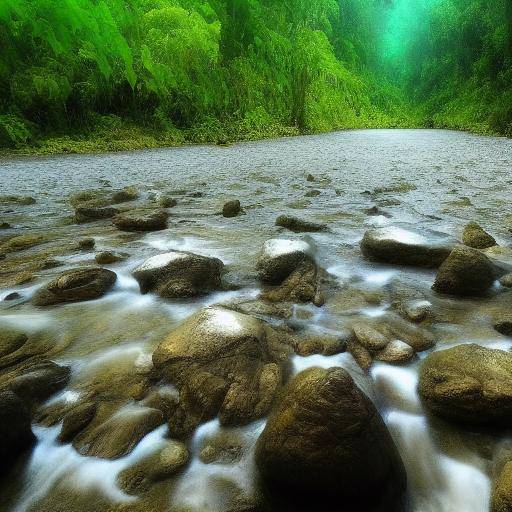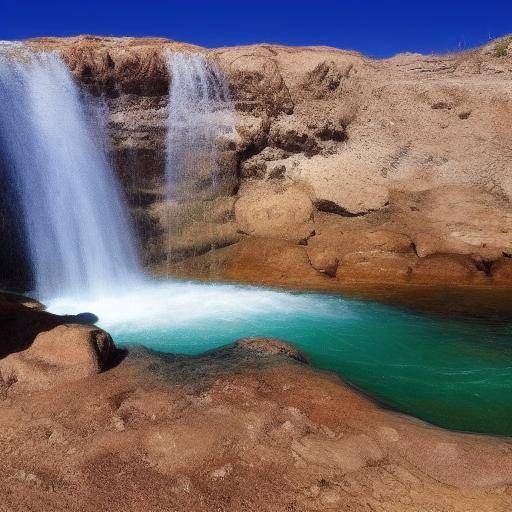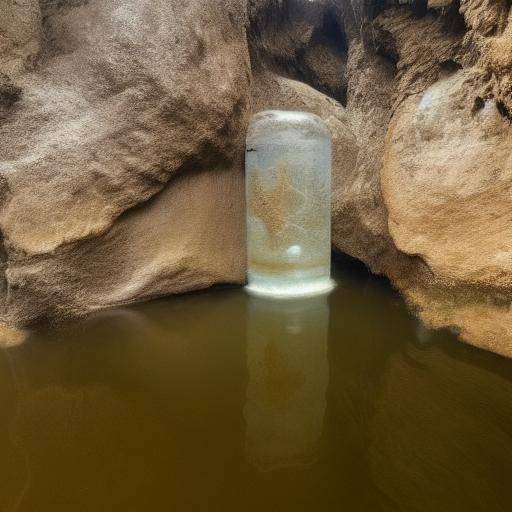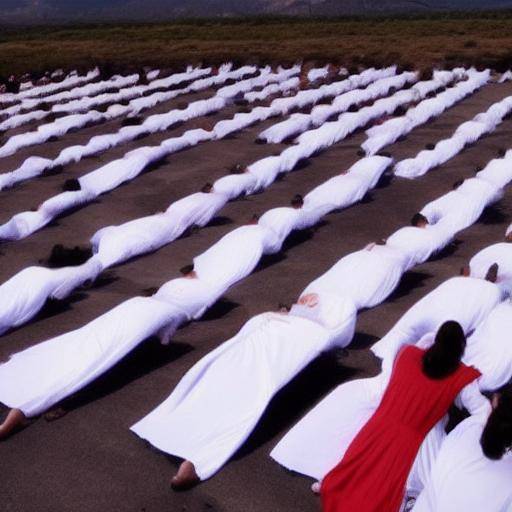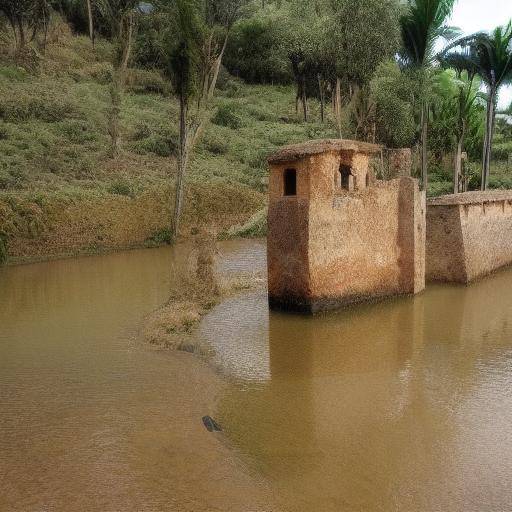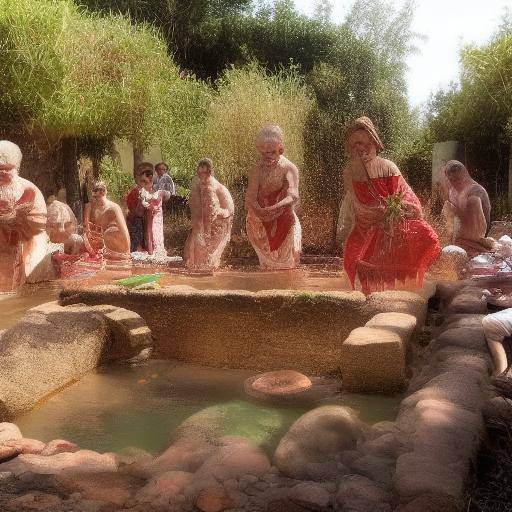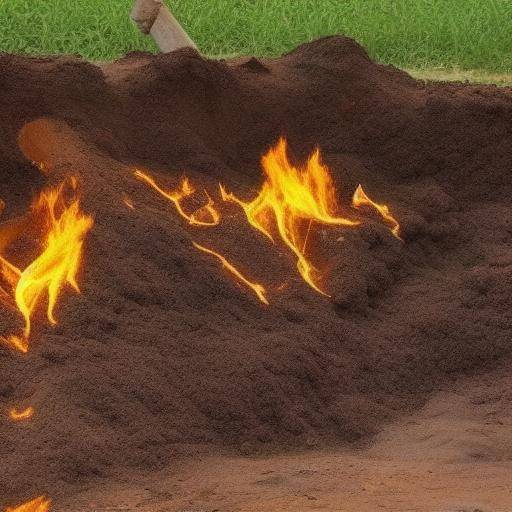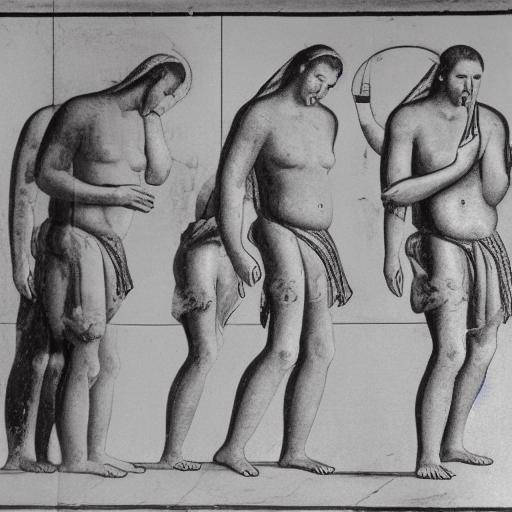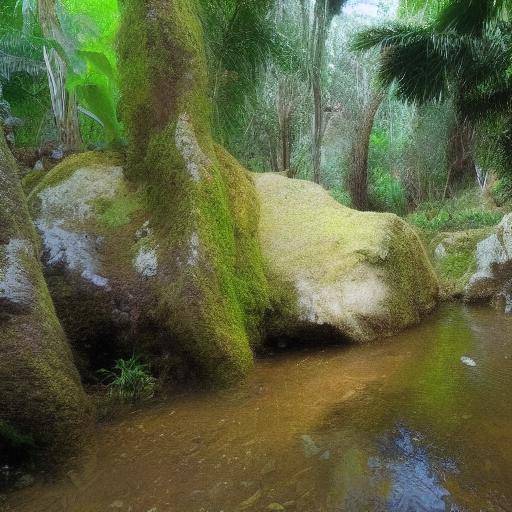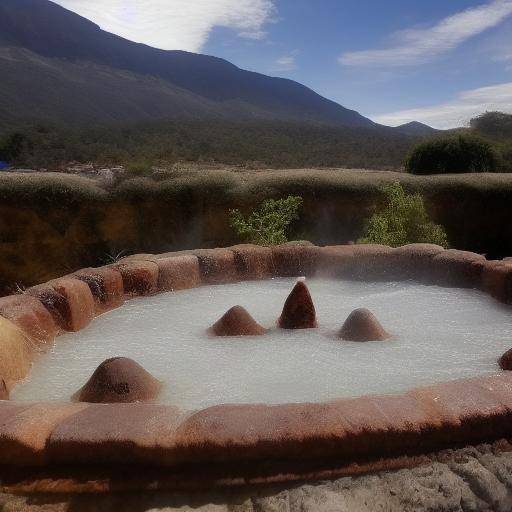
Water has played a fundamental role in different cultures and societies throughout history. Its purifying and renewing properties have made it an essential element in numerous purification rituals around the world. In this article, we will explore the importance of water in these rituals, its cultural relevance, and the impact it has on different aspects of human life.
Introduction
The Water: A Vital Element
Water is a fundamental resource for life on Earth. It is not only essential for physical survival, but also plays a crucial role in the spiritual and symbolic sphere in many cultures. Through purification rituals, water becomes a means of cleansing the body, mind, and spirit, offering a tangible connection to the sacred and transcendent.
In this article, we will explore the profound relationship between water and purification rituals, analyzing its importance in different traditions and its impact on everyday life. From its historical origins to its contemporary applications, we will seek to understand the lasting relevance of this vital element in the search for purity, renewal, and spiritual and emotional balance.
History and Background
The Importance of Water in Ancient Civilizations
Water-based purification rituals have deep roots in ancient civilizations. From the Nile in ancient Egypt to the Ganges in India, various cultures have venerated water as a symbol of life, purity, and renewal. The first manifestations of purification rituals go back thousands of years, and their influence has endured to this day.
In ancient Greece, water purification ceremonies, known as "katharmos", were an integral part of religious and social life. Water was considered a purifying agent that eliminated spiritual and moral pollution, restoring balance and harmony in the community. These rituals were not only religious, but also associated with personal hygiene and physical health.
Mesoamerican civilizations, such as Aztecs and Mayas, also performed purification ceremonies with water as part of their religious traditions. The cenotes, or underground water deposits, were sacred sites where rituals were performed to honor the gods and seek spiritual renewal. Water was considered a bridge between the earthly world and the divine world, giving it a profound symbolic and spiritual meaning.
Evolution of the Rituals of Purification
Throughout history, purification rituals have evolved and adopted different forms in various cultures. While water has been the primary means used for this purpose, the way in which these rituals are carried out, as well as their specific purposes, vary widely from one society to another.
In ancient Japan, the "misogi" was a purification ritual involving immersion in cold waters to cleanse the body and spirit. This practice, which was carried out in rivers or waterfalls, symbolized the elimination of impurities and spiritual renewal. Despite its antiquity, the misogi remains practiced today as a form of interior cleansing and spiritual purification.
The Hindu religion has also consecrated the Ganges as a sacred river, where millions of people come every year to participate in purification rituals. The bath in the waters of the Ganges is considered a form of ablution that cleanses sins and purifies the soul, being a tangible expression of the spiritual importance of water in the Hindu culture.
Deep analysis
Benefits of Water Purification Rituals
Water purification rituals offer a series of benefits that transcend the mere physical. Beyond the cleansing of the body, these rituals provide a sense of emotional and spiritual renewal and liberation. The symbolic act of plunging into the water or receiving the purifying dew represents the search for a state of purity and inner balance.
The practice of purification rituals may have significant therapeutic and psychological effects. Connection with water, repetition of symbolic gestures and full attention involved in these rituals can help reduce stress, anxiety, and promote a sense of calm and well-being. In this sense, water purification rituals not only have a spiritual impact, but can also be beneficial to mental and emotional health.
Challenges and challenges
While water purification rituals have a wide range of benefits, they also face challenges and limitations today. Pollution and exploitation of water resources pose a significant challenge to the realization of purification rituals in many environments. Environmental degradation and water scarcity can threaten the integrity and purity of the sacred spaces used for these rituals, raising questions about the long-term sustainability of these practices.
In addition, understanding and appreciation of water purification rituals can vary widely in different cultural and social contexts. The perception of the importance and meaning of these rituals can be the object of challenges and contradictions in an increasingly diverse and globalized world. Preservation and respect for ancestral traditions in a changing environment pose challenges for the continuity and relevance of these rituals in contemporary society.
Current trends and prospects Futures
Despite the challenges, water purification rituals continue to be practiced and valued in the modern world. Consciousness about the importance of water care and the preservation of aquatic ecosystems has led to a renewed interest in the traditions of purification and the valuation of water purity as a vital resource.
At present, there is a resurgence of the valuation of natural waters and the search for sacred sites to carry out purification rituals. In addition, the recognition of the importance of the connection between human beings and their natural environment has led to initiatives for the protection and preservation of water sources used in sacred rituals.
Conclusions and FAQs
Conclusions
Water, as a vital element and a symbol of purity, plays a fundamental role in purification rituals around the world. These rituals not only provide tangible benefits for physical and emotional health, but also connect people with ancestral traditions and cosmovisions that transcend time and space.
The preservation of the purity of water and the continuity of these ritual practices are crucial to keeping cultural and spiritual traditions alive. However, the protection and conservation of water resources must be addressed in a comprehensive manner to ensure the availability and purity of water in future purification rituals.
Frequently asked questions
1. What is the origin of water purification rituals?
The origin of water purification rituals dates back to ancient civilizations that worshiped water as a symbol of life and purity. Various cultures have practiced purification rituals with water as part of their religious and spiritual traditions throughout history.
2. What benefits do water purification rituals offer?
Water purification rituals offer benefits for physical, emotional and spiritual health. These rituals can contribute to stress reduction, anxiety, and promote a sense of calm and well-being. In addition, they represent a search for interior purity and a connection with the sacred and transcendent.
3. How are the purification rituals carried out with water today?
Water purification rituals can vary widely in their practices and purposes depending on culture and tradition. Some rituals involve immersion in natural waters, while others may include dew of holy water or symbolic washing with purified water.
4. What are the challenges facing water purification rituals today?
The main challenges include pollution and water shortages, the preservation of ancestral traditions in a changing environment, and the understanding and appreciation of these rituals in diverse cultural contexts.
5. How can you contribute to the preservation of water purification rituals?
The preservation of water purification rituals is through the protection and preservation of sacred water sources, the promotion of awareness of water care, and respect for cultural and spiritual traditions that give them meaning.
6. What is the potential impact of water purification rituals in the future?
Water purification rituals are expected to continue to play a significant role in the maintenance of cultural and spiritual traditions, as well as in the promotion of the care and valuation of water as a vital resource in a constantly changing world.
In conclusion, the importance of water in purification rituals is undeniable, as well as its profound impact on multiple aspects of human life throughout history and today. These rituals, rooted in the veneration of water as a symbol of purity and renewal, continue to be significant practices that connect people with ancestral traditions and lasting spiritual values. To ensure the continuity and relevance of these rituals, it is essential to protect and conserve both the water resources and the cultural traditions that give them meaning.
For more information on the importance of water in purification rituals and its impact on various cultures, do not hesitate to consult our recommended sources and explore the deep connections between water and spirituality throughout history.

